The Creative Cave Man
We don't know all that much about prehistoric people. But we know they were artists.
How did it come to be a foregone conclusion that cave men spent their days clubbing one another and dragging women around by the hair? As GK Chesterton remarked, “I have never happened to come upon the evidence for this idea; and I do not know on what primitive diaries or prehistoric divorce-reports it is founded.”
In truth, cave men and women left precious little documentary evidence to show what they were doing in their caves. The little documentary evidence they did leave, however, reveals that they were definitely artists. They took ochre or charcoal in hand and made things like these:
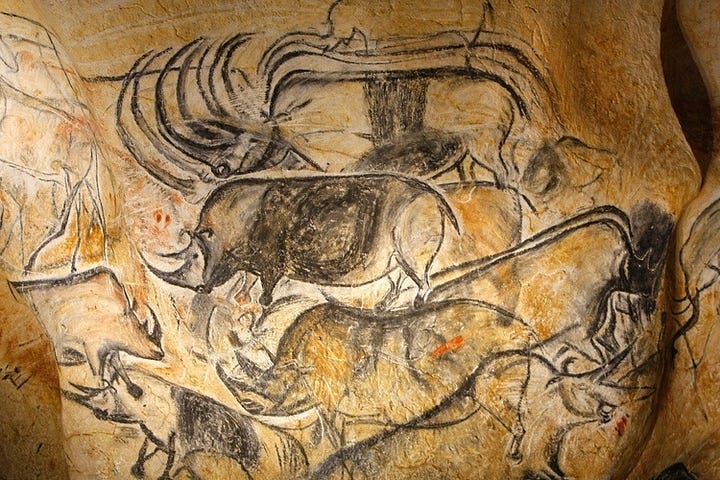
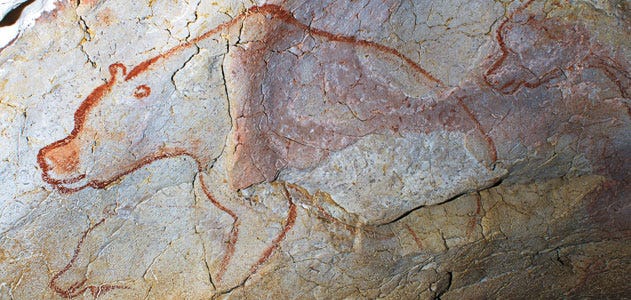
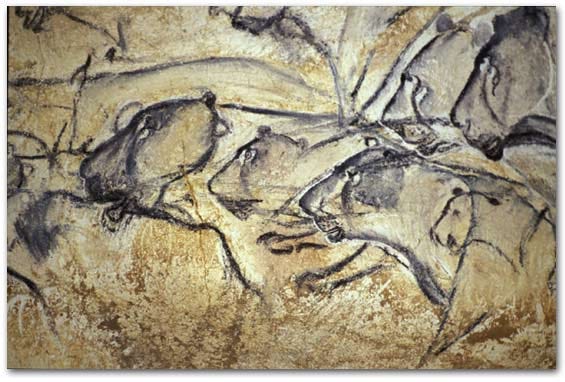
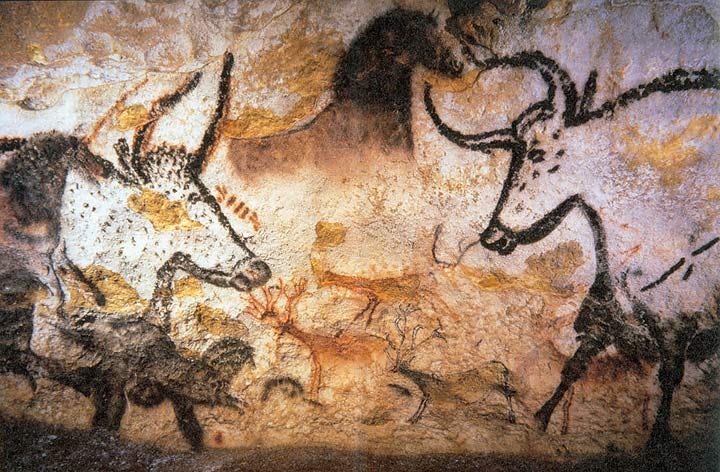
Reflecting on the beautiful cave paintings of Lascaux, Chesterton writes,
They were drawings or paintings of animals; and they were drawn or painted not only by a man but by an artist. Under whatever archaic limitations, they showed that love of the long sweeping line or the long wavering line which any man who has ever drawn or tried to draw will recognize… They showed the experimental and adventurous spirit of the artist, the spirit that does not avoid but attempts difficult things; as where the draughtsman has represented the action of the stag when he swings his head clear round and noses toward his tail, an action familiar enough in the horse…In this and twenty other details it is clear that the artist had watched animals with a certain interest and presumably a certain pleasure. In that sense it would seem that he was not only an artist but a naturalist; the sort of naturalist who is really natural. (from The Everlasting Man)
For as long as there have been people, we have had the urge to represent the world around us, in pictures or words or music or with pipe cleaners, if that’s what we have on hand.
I mention these things because I run into people who fritter away psychic energy wondering if they are sufficiently creative or talented. That energy would be better spent writing or making music or making friends or cooking or painting or almost anything, really, rather than the kind of navel-gazing that curves us inward rather than outward toward a world that is well worth our attention.
Creativity isn’t the special province of a chosen few. There is no creative class. True, you can lose touch with your creativity–people do it all the time–but creativity is your birthright.
Helen Lewis’s Tips for Writing and Reporting
Helen Lewis is a staff writer for The Atlantic; she also writes a Substack called The Bluestocking. A couple of years ago she wrote a post in which she summarized her best advice for writing and reporting. I came across it only recently. I thought you might benefit from it like I did. Here’s the link.


February 7-8. The Habit Winter Writers’ Weekend, at North Wind Manor in Nashville. Registration ends this week. As of this writing, six spots remain. Get more information and register here.
March 16-20. The Focus Retreat, at the Scarritt-Bennett Center in Nashville. As of this writing, three spots remain. Get more information and register here.
Virtual Writing Rooms on Monday, Tuesday, Wednesday, Thursday and Friday
Tuesday: Week 2 Meeting of Writing Through the Wardrobe—The Horse and His Boy (included in membership)
Wednesday Evening: Habit Frontiers—Character Development in Speculative Fiction
There's a place for you in this vibrant community of writers. Find out more about The Habit Membership here.
Kori Morgan Dyed Her Hair Purple.
Kori Morgan’s writing has been featured in such publications as Shenandoah, SN Review, Blanket Sea, Agape Review, Switchback, Rubbertop Review, Cantos, and Clayjar Review. She is the founder and Chief Literary Strategist of Inkling Creative Strategies, an author services company that helps writers reach their full creative potential so they can impact and inspire readers. She is also a stalwart of the Habit Membership. Her new book is Why I Dyed My Hair Purple & Other Unorthodox Stories. In it she explores the integral role of the arts in her Christian testimony. In this episode, Kori and I discuss Flannery O’Connor, flash nonfiction, Kori’s creative upbringing, the value of MFA programs and the very different values of The Habit Membership. Kori also addresses the question of why she dyed her hair purple.
This episode is sponsored by The Focus Retreat, a four-day writing getaway, March 16-20 in Nashville. Find out more at TheHabit.co/retreats.

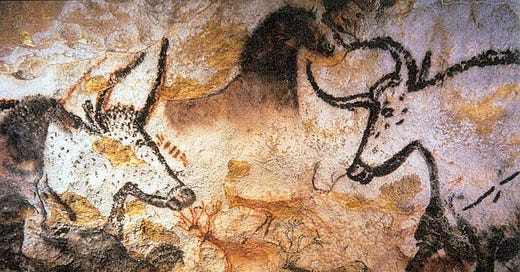





Once again, thank you. Thank you also for the link - good things there also.
Actually, I guess I should do a little bit better job at thanking you . . . I like and sometimes love your various and sundry comments and thoughts. I like that you quote G. K. Chesterton, and this is a very very good one. I liked the Helen Lewis article. And I plan to listen to the podcast with Kori Morgan - it definitely sounds as though it will be worth the listening time.
And....thank you for The Habit Weekly in general.
“but creativity is your birthright.” — This is so true.